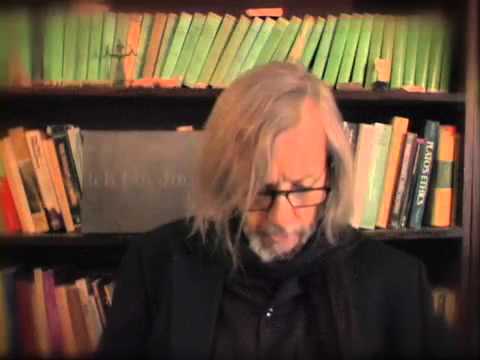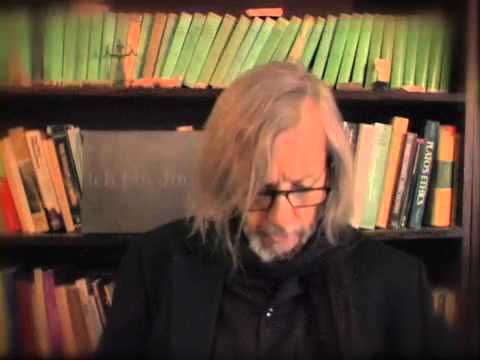
Thomas McEvilley: 13 July 1939 – 2 March 2013

Thomas McEvilley died on March 3 at Sloan Kettering Hospital in New York from complications from cancer. As one of the most influential and prolific commentators on the art of the late twentieth century he will be widely missed. Few art critics have arrived on the scene more spectacularly than McEvilley did with ‘Doctor, Lawyer, Indian Chief’, his relentless and withering attack on MoMa’s major exhibition, ‘Primitivism in Twentieth Century Art” in the November 1985 issue of Artforum. If postmodernism’s brief was the dismantling of Eurocentric formalism, McEvilley became its leading spokesperson more or less overnight. Though an academic—he taught art history at Rice University in Houston for over 30 years and subsequently established the MFA program in Art Criticism and Writing at the School of Visual Arts, New York—his intellectual allegiance was less to the Academy than to the City, New York where he lived.
That said, it was McEvilley’s training in Classical Philology that initially distinguished him from his fellow art critics and again recently, with the publication of his book on and translations of the poetry of Sappho (2008) and his magnum opus The Shape of Ancient Thought, A Comparative Study of Greek and Indian Philosophy (2002). This lifelong command of such disparate fields of knowledge, is a mark of extraordinary capaciousness of his mind. The independence and originality of his insights into the larger issues of modern and contemporary art are matched by those to be found in his numerous studies of individual artists, as various as Marcel Broodthaers, Denis Oppenheim, Marina Abramovic and Ulay, Leon Golub, and Kara Walker.
McEvilley had friends and readers in New Zealand. A contributor to the first issue of Midwest, he was keynote speaker at the 1994 Wellington International Arts Festival Under Capricorn conference, Is Art a European Idea?, and more recently he wrote an essay for The Brush of All Things, the catalogue of Max Gimblett’s 2004 retrospective at the Auckland Art Gallery. He was a close contemporary and a good friend of mine; I will miss the warmth and depth of his intelligence.
Wystan Curnow.
Image: Thomas McEvilley reading from Sappho